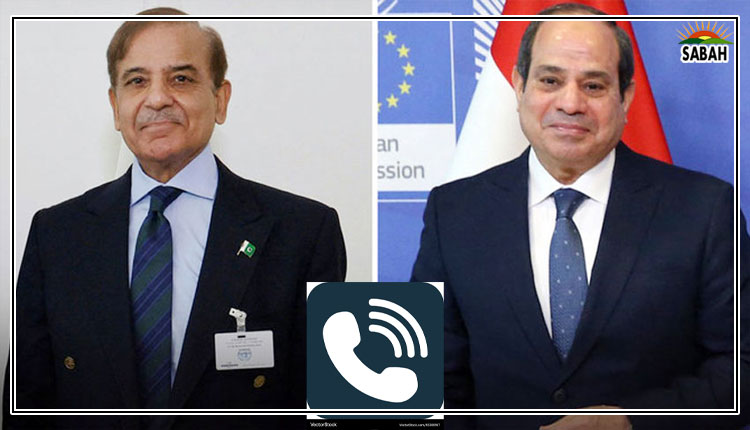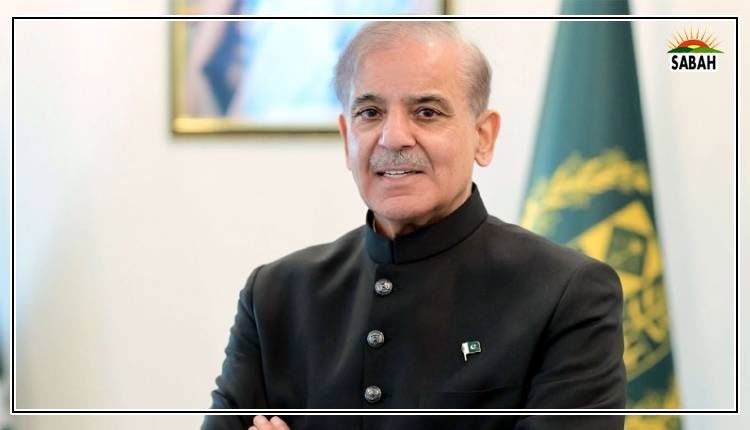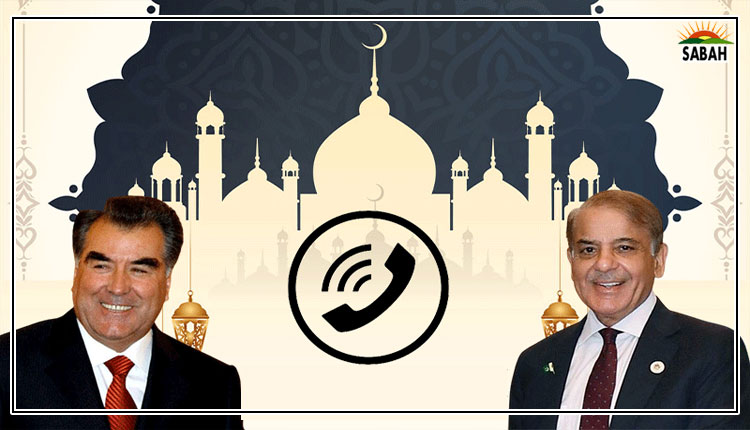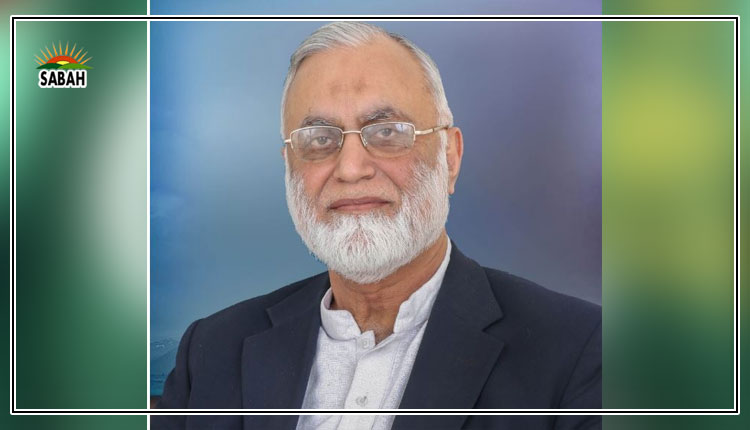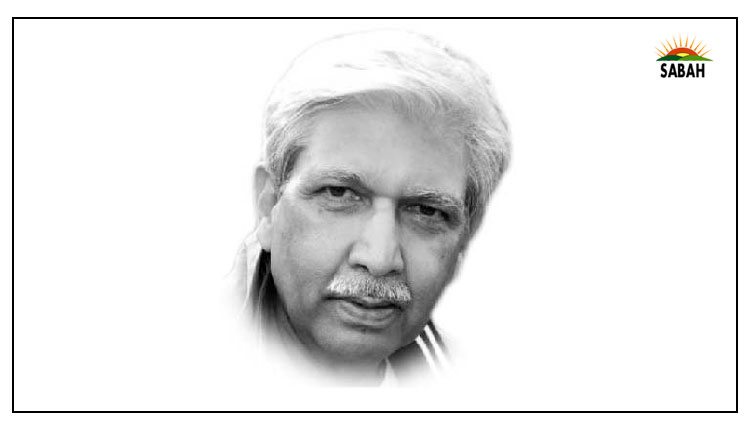Games elites play… Shahzad Chaudhry
The PDM government with its allies will begin its second year in power soon. Whether this is how it was intended by the planners we may never know. Two provinces with interim administrative set-ups will soon be illegal when the constitutional limit is exceeded. Imran Khan made numerous mistakes – including his decision to dismiss the two assemblies – because he lost all leverage in decision making on matters that haunt him and his party’s future. He is not getting the elections per government’s design.
The Constitution may not provide all answers to all questions that may arise in time like the one that faces us on transparency of elections – peddled as grounds for postponing elections – if assemblies in Punjab and KP are elected before countrywide general elections. An inability to resolve the conundrum fails the test of ingenuity or the intent of this political system. That it is being used instead as a convenience for manipulating a political advantage makes it laughable, if disconcerting. The Constitution as a document is an enabler, not a fig-leaf for defiance. Where arise gaps or amplification is needed, amendments in the right spirit help. A parliamentary consensus can forge the way forward out of the blind spots that may not have been originally envisaged. This is Parliament’s primary task.
When a House is not complete, as is the case with the NA, or an assembly dissolves at any time following its creation, an election becomes incumbent to complete the democratic structure. If it happens in the last one year of the tenure of an assembly, it leaves an intractable issue faced today – almost a shot-gun compulsion to impose general elections earlier than its time. It calls for collective wisdom. Not irresolvable but only if the intention is to seek a cooperative way out. Or else, what began as an ill-willed tactical move will only see a matching contrivance.
Back to the planners. With major changes in the NAB ordinance as the ultimate objective and a VONC which would induct a government willing to ring those changes most that was envisaged was achieved. When in government the ambit expanded to win reprieve from the number of under-trial and under-investigation cases against the PDM parties. The goal-post of favours and gains has thus constantly shifted. It has now mutated into total absolution from criminal proceedings in the name of level playing field. Proscription of PTI as a militant terrorist party is the next, if sorry, horizon for the incumbent power-wielders. Finding the field wide open for them to practise their excesses – political, administrative and legal – the oppression against Imran Khan and his PTI is unparalleled. Surely, this is not what the planners envisaged, even if a lingering fear lurked that a resurgent IK will be a handful. There is thus ‘all quiet on the western front’ even when the new power wielders rampage on unchecked. It precipitates its own disquiet when the arbiter of last resort chooses to keep absent.
What led us to this unfortunate consequence can be based around three broad hypotheses – to be fair the consequences were not so imagined. First, that a change of government will appease a sense of unfairness among the PML-N who had been ousted in 2018 with electoral manipulation. Greatly more amenable, the PDM/PML-N combine will help restrict NAB’s long hands. This would remove the disquiet among the bureaucracy which had stopped functioning under the fear of relentless and targeted scrutiny. Two, a deteriorating working relationship between the army and the (PTI) government could only be reset with a change of hands at the helm. And three, an IK who had begun to get cavalier with his ideology-led and belief-reinforced hard-headedness in foreign policy will only complicate and stake Pakistan’s vital interests no end. Economy of course was the greatest determinant and a fickle approach to governing an economy might only mean that the morass would only deepen.
The hypotheses thus assumed that the economy might see a change of fortune under experienced hands in the PML-N even as matters remained the same elsewhere. Two, if indeed politics did degenerate into further instability, respective governments in the provinces and the Centre will be forced to call early elections which will anyway reset the entire political spectrum per people’s mandate giving governance and economy a renewed chance. The PTI threw a spanner in the works by dismissing the assemblies over sixty-six percent of the electorate much ahead of the time in a hope that a general election will be forced. This amounted to short-circuiting a system except that the PDM has refused to budge forcing on this state another dilemma.
With the army defiant and retracted from its overt role for all the malignance heaped on it for the last couple of years it has only meant that the PDM is playing politics with critical issues with impunity. It wants PTI castigated, proscribed and eliminated from the political scene and will defy law, constitution and any sense of good faith in pursuing it as a quid pro quo for its service to something that it now pins on the military. The economy remains in doldrums. Allegedly, the PML-N is deliberately reluctant to finalise the agreement with the IMF for fear of becoming redundant once completed. It thus only keeps it on the anvil without completing it. It must also present the next annual budget as the next compulsory milestone. It appears probable that the incumbent government seeks delay in the elections, if possible, to squeeze another year in power. How it plays out with the judiciary is to be seen.
With all elements of statehood, politics, economy and governance in a free fall, a less than assured traditional arbiter, the army, has one of the three choices to make: take over in a martial law to reset what is obviously and deliberately de-tracked; impose a technocrat set-up which is what could reset the system and governance in hands of the experts handing it back to its kosher owners, the politicians, when back on rails; or, manufacture a composite set-up from among the remaining in the Parliament to keep it running till the back-stop mandatory elections.
The first two are patently extra-constitutional while a government of the possibles extracts its own cost: NAB laws are weakened – their cases absolved and terminated; they now seek to exterminate their political opposition; and find another year of continuing power at the helm to establish their political exclusivity. This turn of events will impose another test on the rather tenuous constitution and its purported guardians, the judiciary, which itself is under a direct institutional attack. It will be tough for the planners and the political establishment to qualify their defiance of the constitution unleashing its own dynamics over a hapless state and its unfortunate people.
If indeed constitution must be set aside, say for another year, for reasons which are cogent to some, it just may be time then to give a chance to better set of people – technocrats – to get us back on track. The games of the elites go on unabashedly.
Courtesy The Express Tribune, March 24th, 2023.


